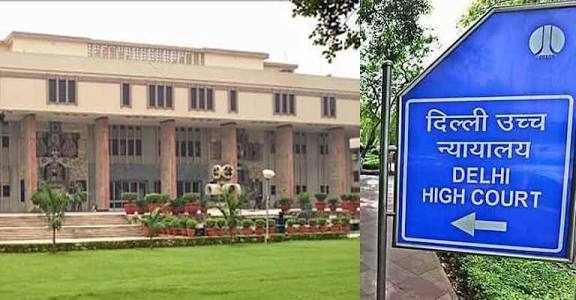Abusive Language, Questioning Husband’s Legitimacy is Cruelty; Financially Independent Wife Not Entitled to Alimony: Delhi High Court
Introduction
The Delhi High Court has made a significant ruling stating that using abusive language and questioning a husband’s legitimacy or character constitutes mental cruelty under matrimonial law. The court also emphasized that a financially independent wife cannot seek maintenance or alimony solely based on her marital status, as the right to alimony is determined by genuine financial need. This judgment underscores the court’s commitment to combating emotional abuse in marriages and promoting financial self-sufficiency in maintenance cases.
Background of the Case
The husband filed for divorce citing cruelty under Section 13(1)(ia) of the Hindu Marriage Act, 1955, alleging that his wife often used abusive language, insulted his family members, and questioned his paternity and legitimacy. The wife, who was employed, sought maintenance under Section 24 of the Act.
The Family Court granted the divorce decree to the husband, which the wife appealed to the Delhi High Court.
The Observation and Reasoning of the Court
The Judge of the Delhi High Court affirmed the Family Court’s conclusions, stating that using disrespectful language, publicly humiliating a spouse, and questioning a spouse’s legitimacy amount to mental cruelty. The Court emphasized the importance of mutual respect and trust in marriage and noted that verbal abuse and character assassination can make a relationship unworkable. In regards to the maintenance, the Court firmly stated that a spouse who is employed and self-sufficient is not eligible for alimony. Maintenance is intended to prevent destitution, not to support financial reliance. The Court clarified that the law does not allow maintenance provisions to be misused for harassment or financial gain.
The Court referred to the cases like V. Bhagat v. D. Bhagat (1994) and Naveen Kohli v. Neelu Kohli (2006), where the Supreme Court acknowledged that mental cruelty encompasses abusive behaviour, false accusations, and efforts to damage a spouse’s dignity or reputation.
Conclusion
The Delhi High Court’s recent ruling emphasizes the importance of respect and responsibility in matrimonial law. It highlights that emotional and verbal abuse are as significant as physical cruelty in divorce cases. The judgment also promotes fairness by granting maintenance based on actual need rather than entitlement, ensuring gender neutrality.





